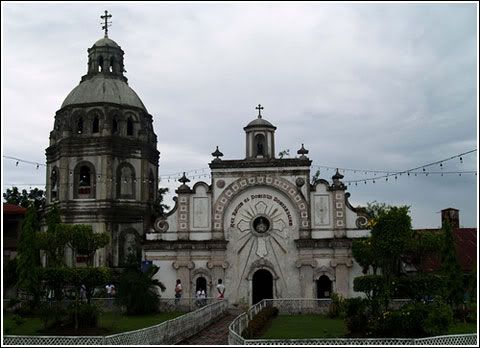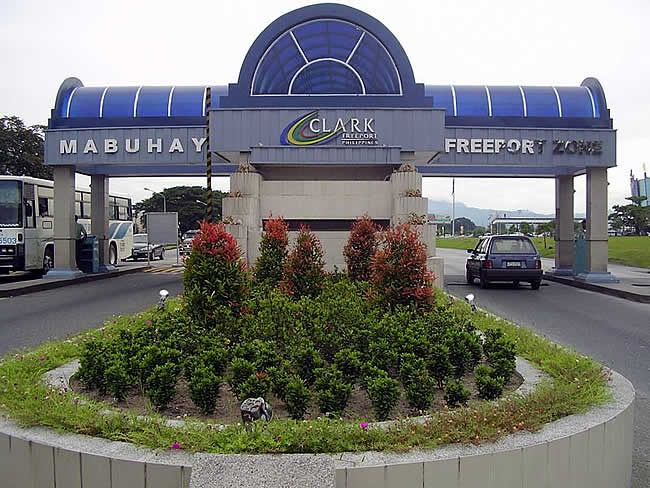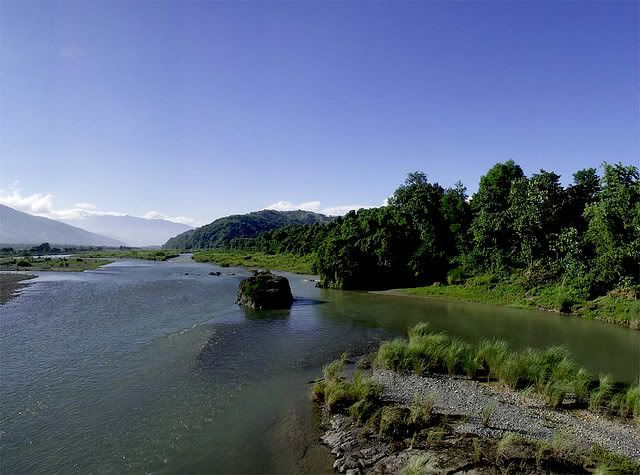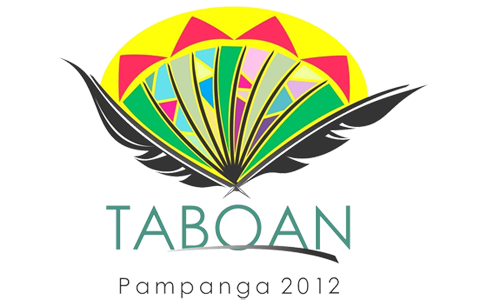The 4th Taboan Writers Festival is happening in Pampanga from February 9 – 11, 2012.
There will be a conference with the theme “History & Literature” on February 9 & 10 at the Convention Hall of Fontana Leisure Parks in the Clark Freeport Zone. A food-and-culture tour sponsored by the municipal and local governments will follow on February 11.
On History

The province of Pampanga has a rich and fascinating history to tell. Named for the word “pampang,” referring to the location of pre-colonial barangays along the shores of a great river, Pampanga became the first Spanish province in the country in 1571, its territories including Nueva Ecija, Bataan and Tarlac before their cession in the 18th and 19th centuries.
The Kapampangans trace their ancestry to the Kingdom of Tondo, taking pride in their province’s involvement in the early movements against the Spaniards. Of significant note is the flotilla of Kapampangan warriors who fought alongside Sulayman in the Battle of Bangkusay Channel in 1571, recognized as the last resistance of natives of Manila against the Spaniards. Historical records also show the Kapampangans in more revolts in the 1580s, as well as in the 1600s through the leadership of Francisco Maniago in 1645, and Andres Malong and Melchor de Vera in 1660.

The indelible mark of centuries of Spanish influence is evident in various aspects of Kapampangan culture, from their elaborate religious wood carvings to their famous cuisine. History is also strongly felt in the Clark Freeport Zone, once known as the Clark Air Base that housed the United States Air Force from 1903-1991.
On Landscape

No less influential is the landscape of Pampanga itself. The second largest river in all of Luzon is the Pampanga River, formerly known as the Rio Grande de Pampanga (Great River of Pampanga). While this body of water has played a huge part in the agricultural and economic progress of the province, Pampanga is also known for having suffered and survived the eruption of Mt. Pinatubo in 1991 and the lahar that came in its wake.
Water and fire have shaped the land, its people, and its literature.
Taboan Pampanga

It is for this reason that the theme of Taboan Pampanga is “History & Literature.” Further inspired by the sesquicentennial of Dr. Jose Rizal, the Festival boasts of a two-day conference in which writers will exchange ideas about history and literature, Rizal as writer, the relevance of history to young writers, as well as related topics that include Philippine aesthetics, alternative publishing, writing as a profession, teaching literature and writing, and writing the environment. The discussions are intended to be educational yet informal; as such, there will be no full-length papers or presentations.
The food-and-culture tour will take the Festival delegates to different municipalities in the province. Stops will include famous restaurants, sweets shops, shrines, and dealers of carvings. The tour aims not only to extoll Kapampangan dishes and delicacies but also to share with the participants from all over the Philippines the wealth of the Kapampangan spirit.
 |
| First stop: breakfast at the home of culinary expert and food historian Lilian Borromeo in Mexico, Pampanga |
